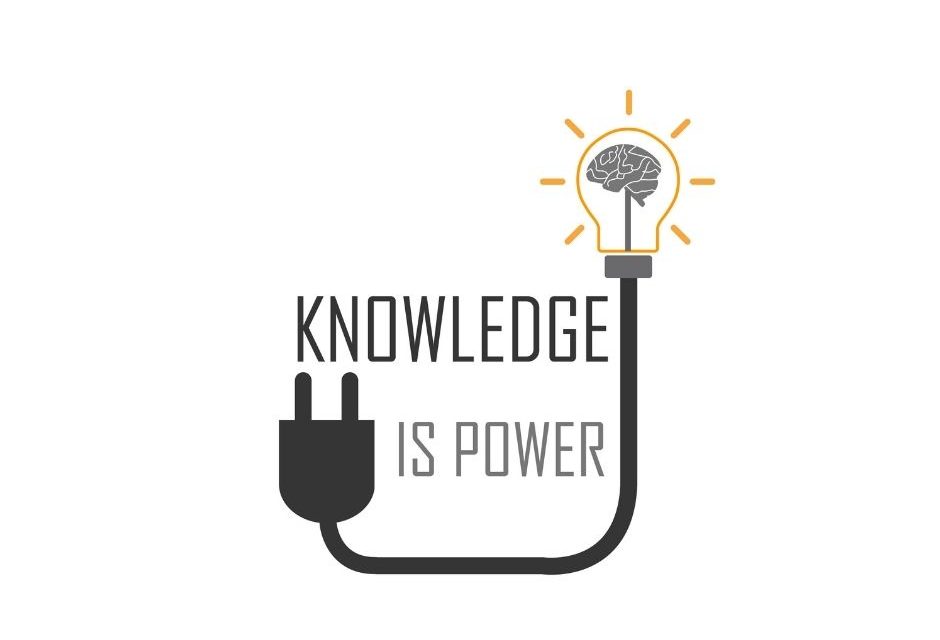The more knowledgeable we are, the more powerful our minds are and, therefore, the more we understand the world around us. As a result, we can make wise decisions regarding our lives. This encompasses not just the personal level, but also the collective one, like Kofi Annan, the 7th Secretary-General of the United Nations, emphasized it in one of his speeches (in 1997). For him, information, knowledge, freedom, democracy, and wealth are indivisible « Knowledge is Power, Information is Liberating. Education is the premise of progress in every society, in every family … the information gap is the new dividing line between the haves and the have nots ». Accountability and transparency are also crucial to him.
Twenty-five years later, publishing a “Knowledge is Power” series about information retrieval is more relevant than ever, especially given the explosion of online information, of which much is false, inaccurate, or of poor quality. And where most of us are ill-equipped to navigate such a vast spectrum of mis-, dis-, and mal-information, to use Claire Wardle’s terminology in The Age of Information Disorder | DataJournalism.com.
Information searching excellence is becoming increasingly important.
To start with, isn’t information and knowledge the same thing? It is not. Quite a lot has been written on each and both subjects. Cognitive sciences and neurosciences are fascinating fields that are still in their infancy. Jean Piaget, Lev Vygotsky, Noam Chomsky, Herbert Simon, Marvin Minsky, Philip Jonhson-Laird, John Dewey, Gerald Edelman, George P. Lakoff, are some major figures of these fields. Artificial Intelligence, Machine Learning and Expert Systems are some of their ambitious applications, even if we still know so little about how mind and emotions operate. I will not enter into complex theoretical discussions here, however, I would like to highlight, in this first post on knowledge, an accessible and interesting framework: R. L. Ackoff (1989) popular pyramid:

Adapted from R.L Ackhoff’s DIKW
Russel L. Ackoff was an American systems thinker and philosopher in the field of operations research. He organized data, information, knowledge, and wisdom hierarchically to create a coherent whole. Beginning at the bottom with data, each layer adds a new dimension, creating the next: relationships between data generate information, information with patterns makes knowledge, and wisdom integrates principles. Initially developed to describe computer information services, the DIKW model provides an accessible yet effective framework for explaining the process and outcome of information seeking.
To yield meaningful results, searches (of a certain size and depth) involve different types of information processing. Among these are filtering, combining, connecting, comparing, matching, reducing, enlarging, prioritizing, and organizing. In Ackoff’s view, much of it has to do with uncovering relationships, patterns, and principles. The search’s initial purpose and context also play a critical role, since they connect and provide meaning to the entire process. In addition, they allow giving focus to an information quest and reduce interminable time spent wandering. To be able to make informed decisions, knowledge should be the end result of any meaningful information search. The DIKW pyramid emphasizes the steps leading to it.
Some recommendations.
Whenever you address complex research requests, do not rest on fragments of information. Start by making the initial purpose of the search as clear as possible. Then make explicit the links and context, as well as the relationships, patterns, and principles between the different pieces of information. Connect them. In this way, your audience and end-users can quickly make sense of what you provide: they can utilize your findings knowingly. Furthermore, they are able to gauge their reliability and credibility. They understand from where they originate, from whom, when, and why. The “why” is especially critical, as it links many things together. About the “why”, make sure to check Sperber and Wilson’s relevance theory.
Kofi Annan was right all along. Knowledge is power. To make the right decisions in our lives, we must be knowledgeable, and information serves as a fundamental building block. The ability to efficiently and effectively search and navigate through information has become imperative. In many ways, it is an integral part of “digital literacy”. The purpose of our ” Knowledge is Power ” series is to create strong foundations for information seeking and to foster excellence.

